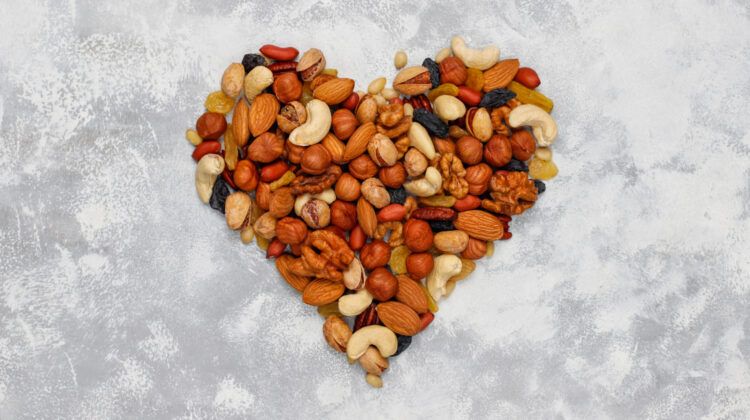1. Can you find the best cardiologists through Doc India?
Doc India helps you to connect with some of the most qualified and highly experienced cardiologists in India who will be able to diagnose and treat various complications related to cardiac issues and ensure easier recovery at affordable rates.
2. Do cardiologists help to cure the symptoms of high cholesterol?
Yes, cardiologists are trained to cure various types of symptoms that develop due to high cholesterol, such as extreme fatigue, breathing problems, obesity, and even angina pain using medications that can help to keep the cholesterol levels in control.
3. What is the cost of consulting a cardiologist in Ghaziabad?
The cost of consulting a cardiologist in Ghaziabad ranges between 600 to 1500 INR, but this range can vary based on different factors such as the location of the cardiologist’s clinic, the type of disease being treated, the doctor’s experience, and so on.
4. When do cardiologists recommend echocardiogram for your heart?
Echocardiogram is a procedure that is conducted by a cardiologist for the diagnosis of heart diseases, to investigate the symptoms of cardiovascular diseases such as breathing problems, swelling in the legs, or discomfort in the chest and thus treat the disorders accordingly.
5. What should be the qualification of an experienced cardiologist?
If you are going to find a cardiologist for your treatment and diagnosis, it is important for you to find cardiologists who are experts in treating heart diseases and therefore, should have the following experiences and qualifications:
Has completed graduation and earned MBBS degree
Completed MD and specialization in cardiology and cardiac medicine
Has completed fellowship and residency
The doctor has proper registration and license to practice.
6. What is the use of cardiac catheterization?
Cardiac catheterization is an invasive imaging procedure that is advised by a cardiologist to assess the conditions of the heart by inserting a catheter (tiny tube) into a blood vessel in your arm or groin a catheter (tiny tube) into a blood vessel in your arm or groin and thus check whether the cardiac rhythm is in a normal pace.
7. In which case do cardiologists perform angiograms?
A cardiologist will recommend undergoing a coronary angiogram if you develop the following symptoms of heart disease:
Chest pain or angina.
Pain in the chest, jaw, neck or arm that can't be explained by other tests.
Issues related to circulation through the blood vessels.
A congenital heart defect.
Irregular results on an exercise stress test.
Heart valve disease that needs surgery.
8. What are the symptoms of high blood pressure in a person?
Some of the most common symptoms of high blood pressure that are cured by cardiologists include the following:
Shortness of breath
Nosebleed
Dizziness
Feeling of pulsations in the neck or head
Fatigue
Mild to extreme headache
High anxiety
9. What kind of symptoms develop during pericarditis?
If a person develops cardiac problems like pericarditis, then the person might develop the following symptoms:
Cough
Sharp or piercing chest pain over the center or left side of the chest
More intense pain while breathing
An overall sense of weakness and fatigue
Abdominal or leg swelling
Shortness of breath when reclining
Heart palpitations
10. What are the various types of diseases that are cured by cardiologists?
Some of the most common diseases that cardiologists treat is:
High cholesterol
Heart attack
Heart failure
Coronary artery disease
Valve disease
Marfan syndrome.
Frequently Asked Questions
News Articles

10 Best Foods to Keep Your Heart Happy a ...Read More

11 Foods That May Improve Your Heart Hea ...Read More

Zumba: What is it and How Does Effect to ...Read More

Worried About Heart Problem? Basil Can b ...Read More

Women’s Lifestyle And Heart Health ...Read More

